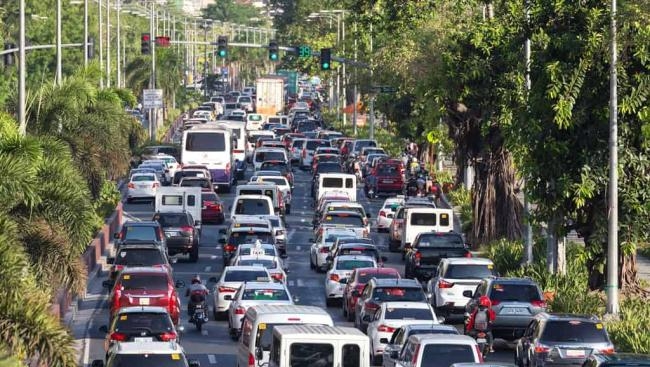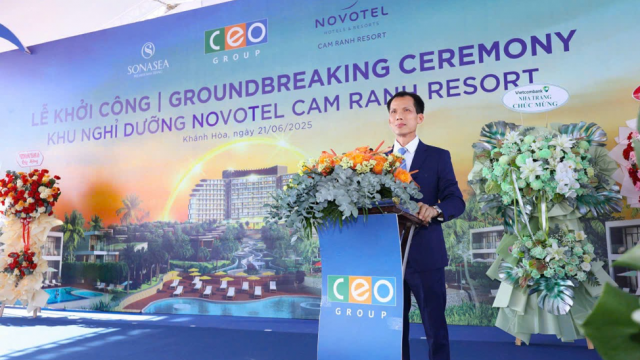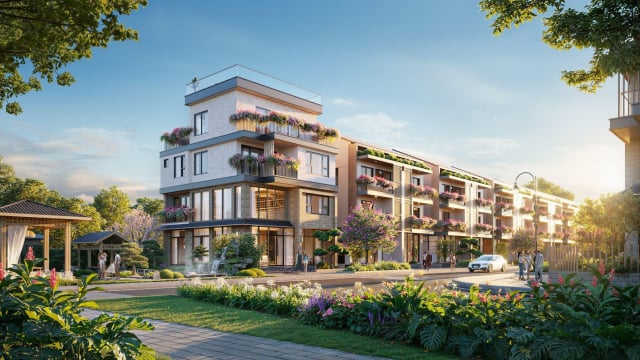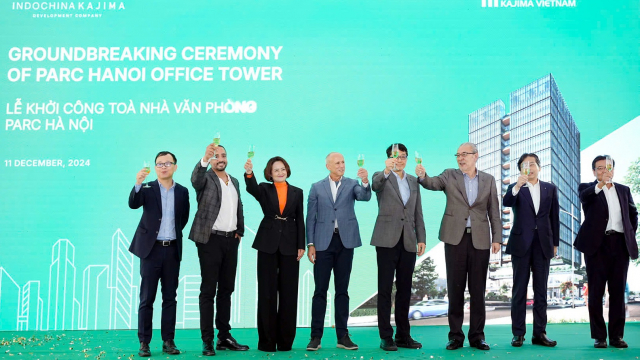Property
Rail to gear up development of real estate sector in both Hanoi and HCM City
When metro systems are put into operation, more developers would invest in large-scale real estate projects across the cities, according to American professional services and investment management company specializing in real estate JLL.

In Ho Chi Minh City, the metro is expected to cover 70 percent of the city and will change the real estate landscape in terms of supply and demand, says JLL’s Head of Research in Vietnam, Trang Le.
Ho Chi Minh City and Hanoi are also reaching a tipping point and the both cities previously lacked city rail transportation altogether.
Fortunately, times are now changing. Fears over gridlock and the need to open up new areas for development have sparked their respective governments into action, with potentially revolutionary development underway across all four cities. Once operational, the lines are expected to open up new parts of each city for real estate expansion.
“Owing to uneven infrastructure development, most residential and commercial projects here typically have been concentrated to central areas or smaller fringe developments,” she says. “By improving the infrastructure and accessibility, the Vietnamese authorities hope to encourage more developers to invest in large-scale real estate projects across the city.”
A similar scenario is playing out in Hanoi which hopes that new or upgrade rail lines will spark investor appetite.
The real estate experts said that with the established players participating in these projects, new and more planned communities are being developed thereby bringing up property values.
Such major changes have not been without its challenges as these metro projects have spluttered along for years, even decades. For instance, both the Hanoi and Ho Chi Minh City schemes, which had been mooted a decade ago, were plagued by an array of funding problems.
Operational sticking points may also lie ahead for a number of the schemes. Engineering and design difficulties could surface with the cities being subject to perennial flooding – an issue for flood-prone Ho Chi Minh City to consider as well.
Yet for millions of people across Southeast Asia’s big cities, the new metros have the potential to herald a new era in terms of lower pollution, better connectivity, higher quality of life and stronger economic development. And as the region continues to grow, modern and reliable public infrastructure has never been more of a priority.
Cat Linh-Ha Dong urban railway project is delayed due to undisbursed additional loan
Hai Phong industrial property powers up with new project from Indochina Kajima
The project Core5 Hai Phong from Indochina Kajima and Itochu Corporation will deliver approximately 80,000 square metres of world-class ready-built factory for lease, handover expected in the first quarter of 2027.
A decade of unprecedented apartment price surge
A decade of relentless apartment price growth has pushed the dream of homeownership further out of reach for Vietnam’s middle- and lower-income earners.
Essensia Parkway sells out within hours, marking an outstanding partnership with WorldHotels
Essensia Parkway makes significant impact in the high-end real estate market as 100 per cent of the limited collection was successfully registered within just a few hours at the launching event with the theme “Live lux-well, in a truly refined world”.
Essensia Parkway gains global prestige through WorldHotels - Phu Long collaboration
Essensia Parkway is set to mark a significant milestone as the first branded residences project in Ho Chi Minh City to be operated by WorldHotels – one of the finest portfolios of independent hotels and resorts within BWH Hotels.
Indochina Kajima breaks ground on Grade A office building in Hanoi’s emerging hub
Parc Hanoi marks Indochina Kajima's first office-for-lease project in its $1 billion investment plan in Vietnam.







































